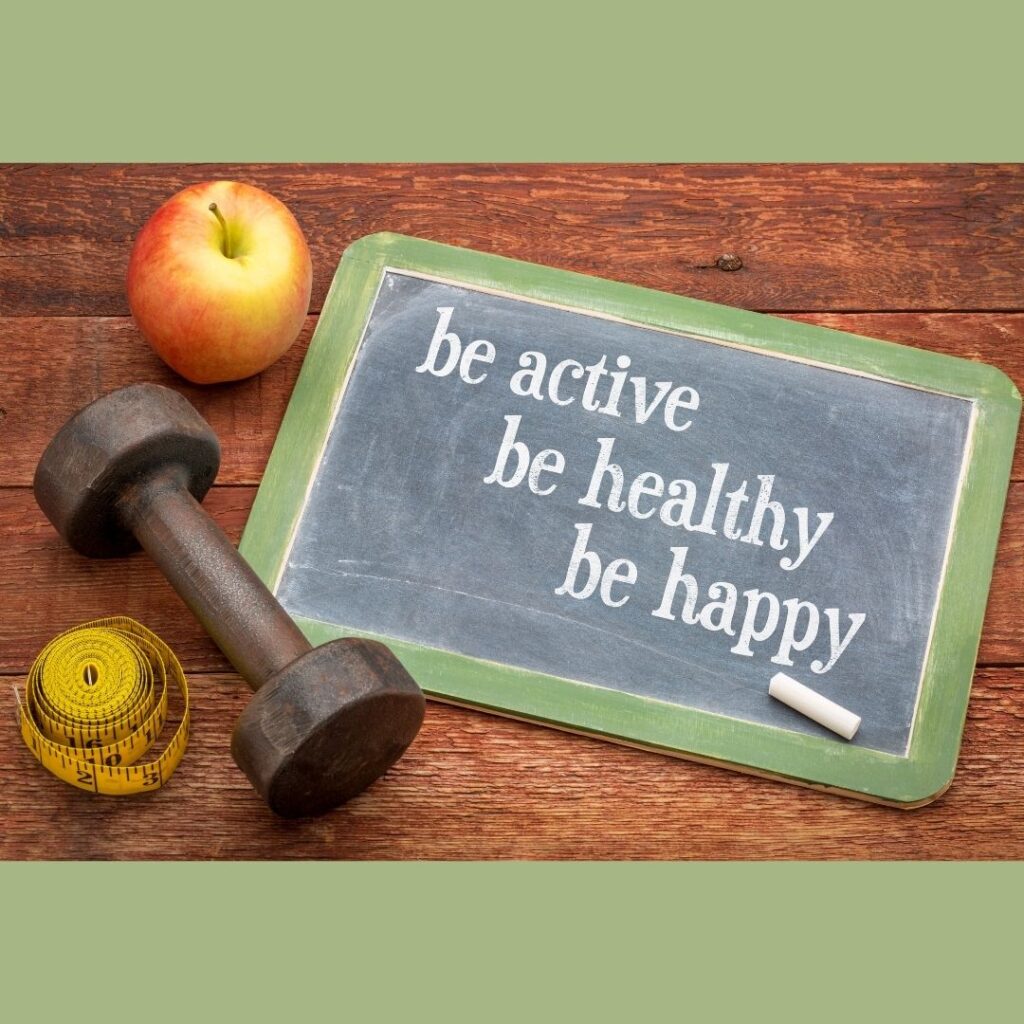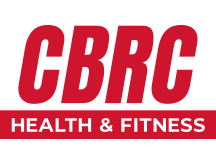Being active with Alzheimer’s Disease and related dementia (ADRD)
Regular Physical Activity helps those with ADRD develop better strength, balance, walking speed, and endurance. It also reduces physical decline and preserves day-to-day function, including sleep
habits.
AEROBIC ACTIVITY: Increase heart rate and breathing to build stamina. Build up to 150 minutes/week. Remember some activity is better than none.
What? Any rhythmic, continuous activity.
How Often? 5 or more days a week.
How Hard? Fairly light to somewhat hard.
How Much? Start with a few minutes. Gradually build up to 30 to 6o total minutes over the day.
STRENGTH TRAINING: Can make daily activities like lifting laundry baskets or yard work easier and safer. Getting stronger, particularly in the legs, stomach, and back can help prevent falls.
What? Hand weights, resistance bands, weight machines, or bodyweight.
How Often? 2 or more days a week.
How Hard? Start with light effort then build to medium or hard.
How Much? 1 to 3 sets of 8 to 12 repetitions.
Remember: Improving muscle strength and endurance happens gradually over time. If you need it, get help from our exercise professionals. They can teach you the right way to do exercises and how to breathe properly. Avoid straining or breath-holding when lifting, this may cause blood pressure to go up.
OTHER TYPES OF PHYSICAL ACTIVITY
Flexibility: Stretch 2 or more days/week to the point of muscle tightness. Hold 60 seconds.
Range of Motion: Gently move joints through a full range of motion. Wrist/shoulder circles. Motion is lotion!
Balance: Start with light effort then build to medium or hard.
FINAL WORDS: People with ADRD are safe to be active as long as they are guided and monitored similarly to older adults without ADRD. Physical activity for people with ADRD should be adjusted based on the person’s symptoms and physical status. Progress at a rate that you can stick with.
Movement Health and Movement Function
Our exercise professionals believe that exercise is medicine and are eager to assist those with ADRD. Programs available are one-on-one personal training, Living Stronger group training, Tai Chi, and more!
American College of Sports Medicine. Exercise is Medicine accessed December 2020. <https://ww.exericseismedicine.org/>
